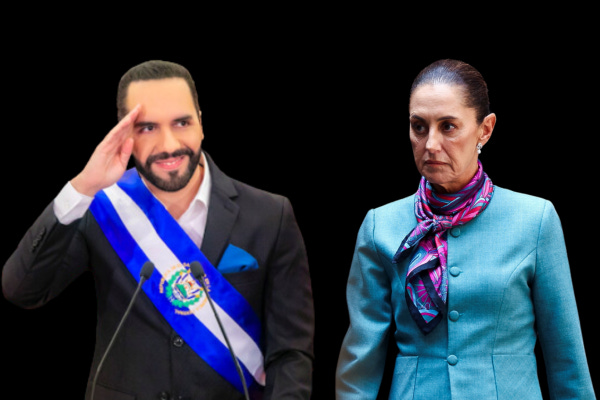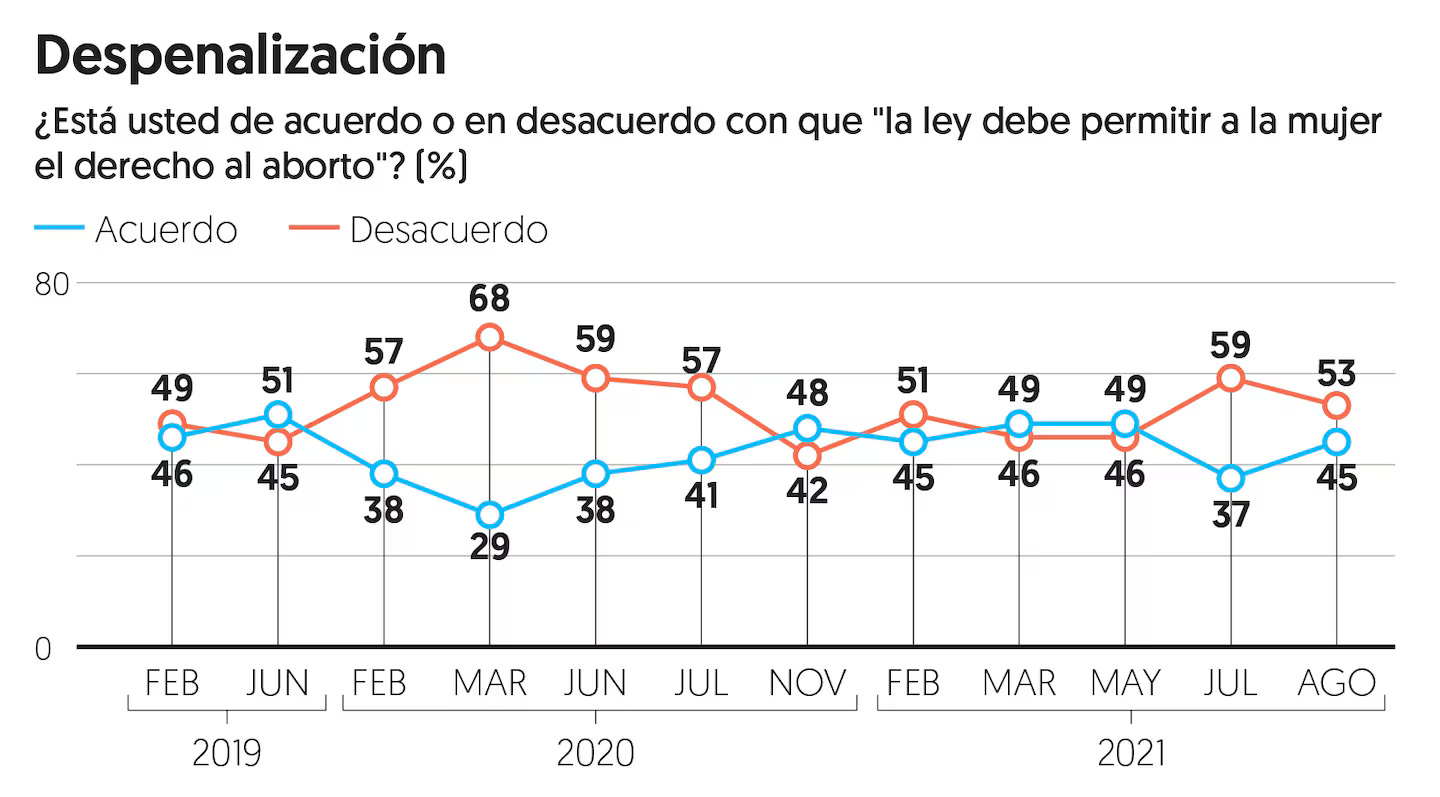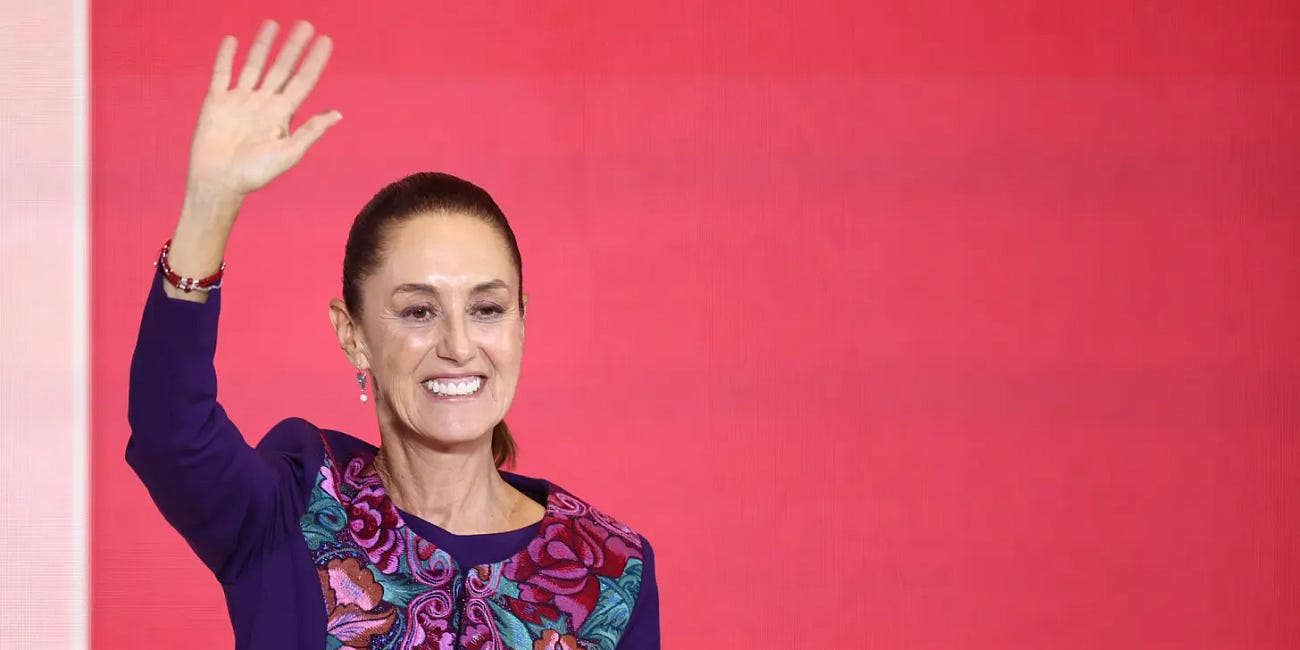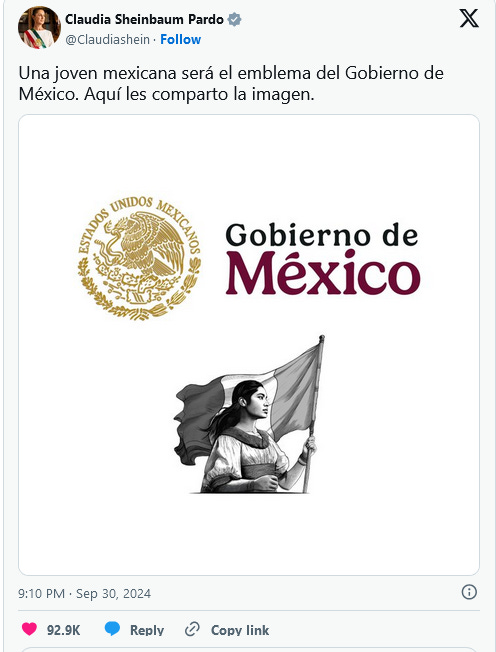The Battle for Latin America: Nayib Bukele Vs. Claudia Sheinbaum
A Modern Nationalism Against a Stale Liberalism
By Alejandro C.
This publication has made no secret about the fact it endorses many of the non-liberal actions that El Salvador’s Nayib Bukele has taken in stabilizing his country. What was once the most violent state in the world is now the safest in all of the Western Hemisphere, has a stable economy, energy which is becoming cheaper, and NGOs that are fleeing for safe (less self-confident) waters.
Nayib Bukele has done what many nationalists here in the West dream of doing with power: sending the forces of liberalism into a chaotic retreat from public life.
There is much to admire about Nayib Bukele and Western nationalists should forge alliances where possible with those who are enacting reforms we dream of carrying out here. There is an infectious element to nationalism. Guatemala, Nicaragua, Costa Rica, and Ecuador are all looking to emulate the Bukelean model in one form or another while Republican politicians here at home have taken notice of his model for stamping out violent crime.
But, Bukele is not the only political force vying for the attention of Latin America.
This publication has also tackled the rise of Mexico’s new president, Claudia Sheinbaum. Specifically, the threat her brand of anti-American Latino progressivism poses to the already unstable American nation. An assessment that I wholeheartedly agree with.
In keeping with the prediction that Claudia Sheinbaum would attack the US from various ‘progressive angles’ it took less than a month into her term for Sheinbaum to attack the United States for alleged human rights violates against narcos and cartel members. Sheinbaum’s plan to tackle cartels domestically is no better, with the AP reporting that she will be continuing the popularly dubbed “hugs not bullets” plans of her predecessor AMLO. This plan involves giving resources and ‘attention’ (whatever that means) to poor families in Mexico, spending more money on youth activities, and attempting to use economic growth to make cartel life less appealing.
Never mind that Mexico is experiencing its worst spate of homicides and violent crime in its history, a spate that began under AMLO and has not been softened since. Sheinbaum’s policies are going to do no better and violence will continue to not only kill Mexicans but spill further into the United States and continuing killing Americans.
It’s Not Income, Claudia …
While the ultra-progressive Sheinbaum blames low wages for violent crime and cartel killings, Bukele blamed actual criminals.
Instead of taking the liberal approach of trying to resolve issues not even tangentially related to deciding to behead people, Bukele took the novel approach of rounding up anyone even suspected of gang activity and hurling them into maximum security prisons.
El Salvador is also a poor country, in fact the average monthly salary in El Salvador is $300 lower than in Mexico. Yet, El Salvador locked up the gang members and the killings stopped.
This is where the policy approaches of liberalism and nationalism come into conflict, and liberalism loses out miserably. Nationalism does not attempt to beat around the bush and take 5 different unrelated paths hoping to eventually affect some change. Instead the Bukele model (which is a nationalist model of governing) tackled the issue of crime head on, and only that issue. Before you can help poor families with higher wages or better schools you must first ensure they won’t be killed for going to the market, and Bukele has ensured that.
The More Democratic Nationalism
Bukele’s administration is also far more democratic than the progressive changes which Sheinbaum and AMLO have been visiting upon Mexico. Opinion polling in Mexico very clearly shows a majority, roughly 55% opposition to the legalization of abortion in that country, and yet numerous states have legalized the practice.
AMLO’s Supreme Court also removed any criminal penalties for the performance of abortions, effectively legalizing the practice nationwide.
Sheinbaum intends to expand this further, legalizing abortion explicitly for the entire country and increasing the ‘term limit’ so that babies much more developed can be aborted without legal hindrance.
Meanwhile, in Bukele’s El Salvador, the millennial president has said that abortion will remain off the table so long as he is president. Not only that, but Bukele has tightened the country’s abortion laws and this keeps in step with the overwhelming public position against abortion in the country.
I cannot help but notice the obvious similarities in Sheinbaum and someone like Kamala Harris. Harris and the Democrats have sought for decades to keep the American public out of the abortion debate through judicial fiat, just like Sheinbaum’s party has managed to do. These same people, Harris and Sheinbaum, deeply dislike Bukele and his government. Could it be because they fear the popular democracy that nationalist policies bring about?
I believe so. Liberals, leftists, and progressives are deeply opposed to public opinion playing any role in policy formation.
There are also economic differences worth looking out.
Bukele's economic strategies are characterized by a desire to build new infrastructure, broaden economic opportunities (he made bitcoin legal tender) and most crucially in this age of inflation, lowering prices. Bukele has built new power plants and used his powers to lower electricity prices in the country by nearly 5%.
Contrast this with Sheinbaum and her predecessor who have overseen a massive spike in energy prices in Mexico. According to the firm Enerdata, Mexico has seen a 15% increase each year since 2020 on the price of fuel. Industrial electricity prices are not 70% higher than in the United States and inflation continues to increase at pace, much like in the United States where persistent consumer inflation has harmed public confidence.
El Salvador, while still experiencing some inflation, has experienced price increases much lower than the United States and Mexico—both countries ruled by liberal leaders with a heavy progressive bent.
Institutions Be Damned
A key ideological difference lies in their approach to existing institutions and how to use them. Bukele embodies a brand of populism that often bypasses traditional political institutions, positioning himself as a direct representative of the people. Bukele has removed uncooperative judges, been given emergency powers, forced through a new court ruling to allow him to run again, and made other non-traditional moves in order to stabilize his country.
Liberals and international NGOs hate him, viscerally, for these actions. They ignore the fundamental fact that it worked.
Meanwhile Sheinbaum is moving forward with the left’s long method of capturing and converting institutions to their ideological cause. She has pledged to make Mexico more feminist, more diverse, and more pro-LGBT.
So, while Sheinbaum is busy changing Mexico’s national emblem to an image of an indigenous woman, Bukele will continue making El Salvador one of the best places in the world to live, work, and raise a family.
Liberalism has had its day. Sheinbaum just missed the memo.
Support our mission to take on more writers and contributors:
Zelle: whitepapersinstitute@protonmail.com
Buy us a coffee: https://www.buymeacoffee.com/wppi
Linktree: https://linktr.ee/wppi
Snail Mail: White Papers Policy, PO Box 192, Hancock, MD 21750






